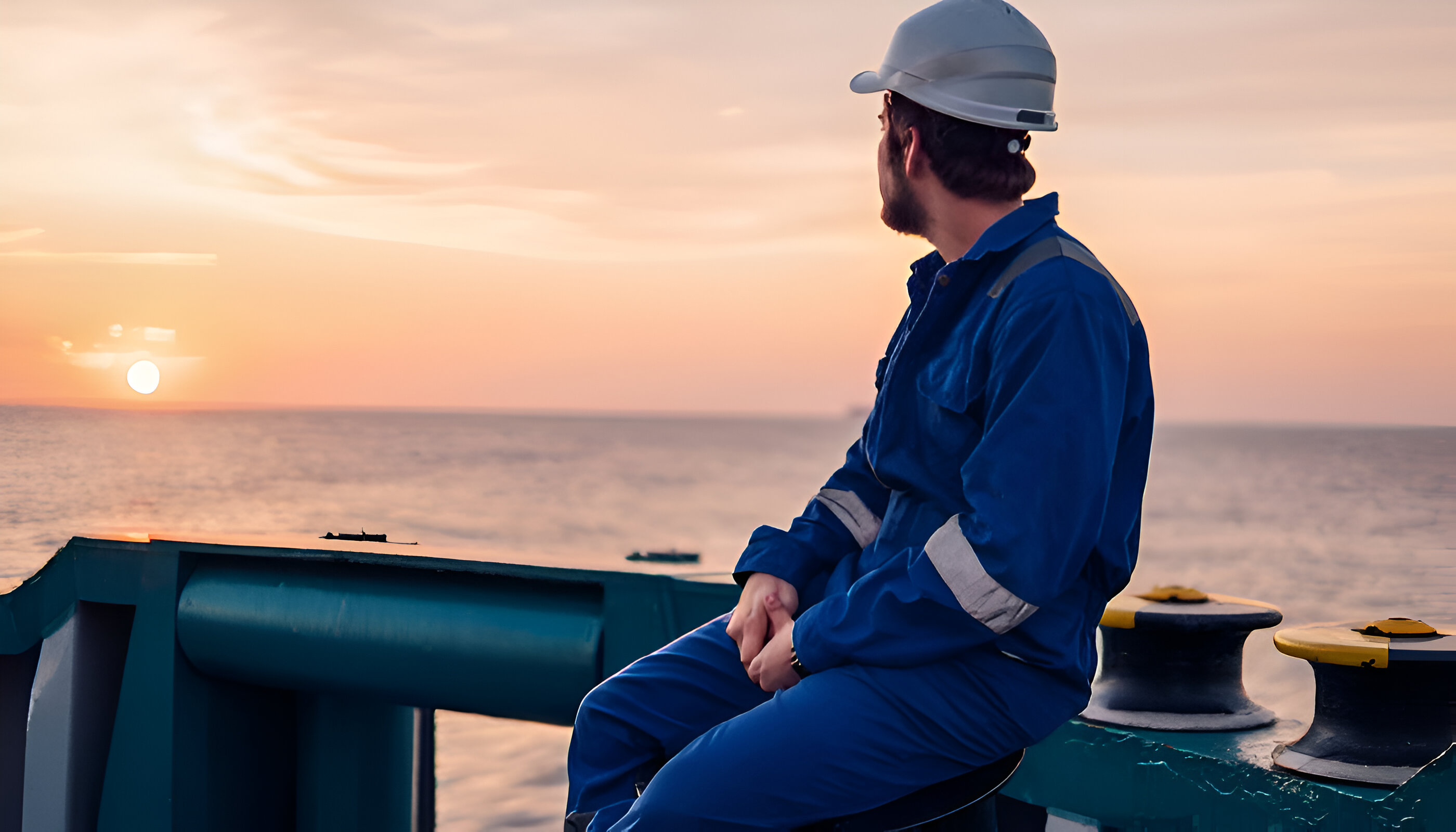China builds SCS rescue, maritime station
July 28, 2022 Maritime Safety News
China has built permanent stations for its rescue and maritime forces on its artificial islands in the disputed South China Sea.
Citing reports from state broadcaster China Central Television, South China Morning Post said that a new flying squadron and maritime rescue and administration staff will be stationed on the Fiery Cross, Subi, and Mischief reefs, Beijing’s three biggest man-made islands in the Spratlys.
The SCMP said the Chinese move boosts a regular on-call rescue ship deployment into a permanent institutional presence that could greatly improve the coverage of the southern area of the South China Sea.
The Chinese newspaper added that the forward-stationed Chinese departments will “undertake maritime emergency rescue tasks, perform maritime traffic safety supervision and prevention of ship pollution and other duties in the Nansha (Spratly) waters, provide strong protection for the safety of ship navigation and daily production activities at sea for the people of coastal countries”, quoting a report from the Chinese state news agency Xinhua, using the Chinese name for the archipelago.
“This is a concrete step for China to better provide public goods to the international community and actively fulfil its internationalresponsibilities and obligations,” Xinhua added.
The SCMP recalled that there have long been calls to upgrade China’s search and rescue capabilities in the South China Sea, including a 2018 article by Shi Chunlin, a professor at the Dalian Maritime University, who argued it could help strengthen its “substantial presence in the disputed waters and enhance China’s dominance over South China Sea affairs”.
China claims sweeping sovereignty over the South China Sea under what it calls its historical nine-dash line, including all of the Spratly archipelago.
But the Philippines, Brunei, Malaysia, Vietnam and Taiwan have competing claims over some or all of the islands. Beijing has repeatedly rejected a 2016 ruling on the Spratlys by an international tribunal at The Hague that was overwhelmingly in favor of claims by the Philippines.
The SCMP said the Chinese Ministry of Transport’s newly established 2nd Flying Service Squadron of the South China Sea will be stationed in the Spratlys, taking on rescue duties that were previously performed by planes flying from bases on the mainland or Hainan Island.
Profession Shi stressed that arriving at a rescue site later than other claimants “does not match China’s status.”
The three reefs chosen for the enhanced facilities are located in a key area of the region and also host military garrisons. Each of them has large hharborsand a runway long enough for passenger planes.
The vast South China Sea is one of the world’s busiest waterways where up to 30 percent of the world’s trade passes through. More than 100,000 ships sail through each year. South China Sea emergency forces have successfully rescued 1,721 people over the past 10 years, according to official data from Beijing.
Ships in need of help can send distress signals either through the International Maritime Organization (IMO) or directly to the nearby local maritime administration. Beijing’s new offices in the Spratlys could also improve communication and emergency response, according to Chen Xiangmiao, a research fellow with the National Institute for South China Sea Studies.
However, search and rescue in this area is not only a humanitarian mission, but also involves political complexities, because of the overlapping territorial demarcations by six rival claimants, including China.
Search and rescue operations are independent of any territorial disputes, and the IMO has divided the sea into several regions to assign to surrounding authorities, even non-claimant Singapore. In fact, part of the Spratly area falls into Singapore’s search and rescue region.
Chen said Beijing is in talks with the Asean to create a regional search and rescue cooperation platform for the whole South China Sea, because such operations are always big efforts and cannot be carried out by one or two countries.
“Although there are political sensitivities in it, largely (search and rescue) is still a matter of public service,” Chen noted.
Source: https://manilastandard.net/news/314246439/china-builds-scs-rescue-maritime-station.html





